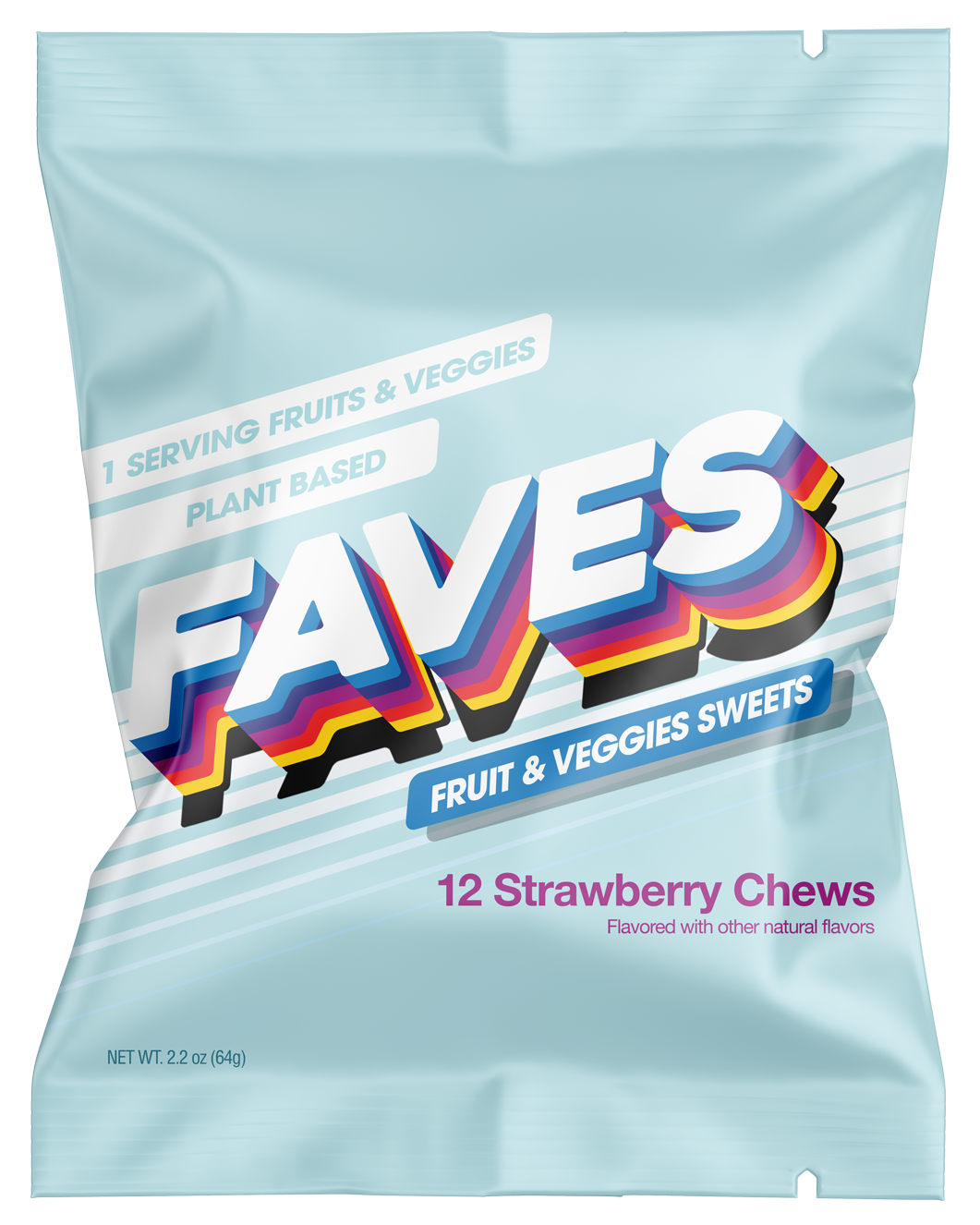Free Shipping on all US orders! 🎉🎉🎉
Our world is facing a sugar epidemic. Everywhere you turn, you find foods full of it, sometimes when we don’t even realize it. Sugar is a natural substance - found in many plants such as fruit. When we eat sugar found in fruit, there is fiber, vitamins, and other components in the fruit that benefit our bodies. The problem is with added sugars - these are extra sugars added to processed foods to enhance the taste of the food. These added sugars can have a massive impact on our overall health in many ways, but it isn’t always very obvious to us. That’s why we compiled a few signs your body is giving you when your diet has too much sugar!
Acne is typically something you experience in your younger years as a response to changes in your hormones - but you can experience it as an adult. A high-sugar diet causes acne for similar reasons too much sugar alters your hormones. When we eat sugar, it causes the release of a hormone called insulin (1). Insulin communicates to your cells that there is glucose (sugar) in the blood and that it needs to be absorbed by those cells and broken down to make energy. These spikes in insulin trigger changes in our skin in the form of inflammation and acne - and because this is an internal change, there are no magical creams or serums to fix this issue.
So now that we understand what insulin is, we can dive in a little deeper. When we consume too much sugar for an extended period, we can develop selective insulin resistance. It is when the cells in your body become resistant to insulin and stop recognizing it, but when this happens, the sugar in our blood still needs somewhere to go if not into the cells. Therefore, the body stores the blood sugar as fat, which is what causes rapid weight gain. What more, the cells do not get the glucose they need to function, which causes them to signal for more sugar - this causing you to eat even more and store more sugar as fat (and the cycle continues.)
In our busy world, we need all the energy we can get, however, a high-sugar diet can get in the way. As discussed before, insulin resistance occurs when the cells can no longer recognize insulin to allow glucose into the cells. Glucose is the exact substance that gets broken down in our cells and turned into usable energy. When we become resistant to insulin and can no longer get glucose into our cells, we have a massive drop in energy. One study found that subjects had notable reductions in energy and alertness only one hour after consuming sugar (2).
We are only able to digest our food, thanks to what is known as our gut microbiome. This is an ecosystem of tiny cells called microbes, and they take pieces of our food and break it down into particles such as vitamins and minerals that our body absorbs and uses to function correctly. When you eat a diet high in sugar, it throws off the balance of your microbiome and can result in an overgrowth of a yeast called candida. This yeast feeds on simple sugars, and when there is too much of it in the gut, it causes you to crave more and more sugar. Even worse, this yeast overgrowth is linked to other health issues such as inflammation, joint pain, sinus issues, etc. (3).
These are only a few of the health issues associated with a high-sugar die. However, it can wreak havoc on so many systems in your body - and this can compromise your overall health; yet, there are ways you can prevent this from happening.
Being conscientious of what you put in your body can make a big difference in how you feel, think, and live. Sugar is an essential part of our diet and should not be removed completely, but instead, we need to be aware of how it can impact our health. This awareness can allow us to enjoy it in moderation and have agency over our food choices. Finding foods that use natural sweeteners and cut back on simple sugars can help you look and feel your best over time.
